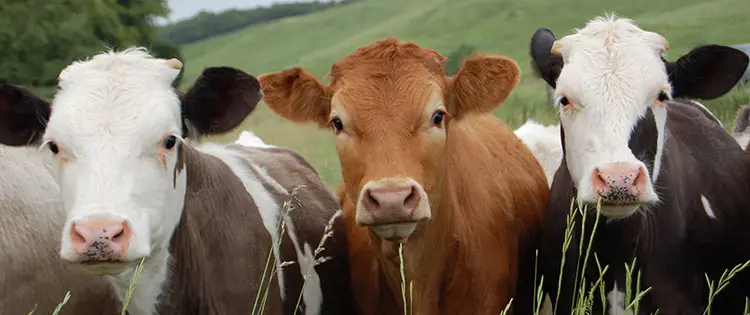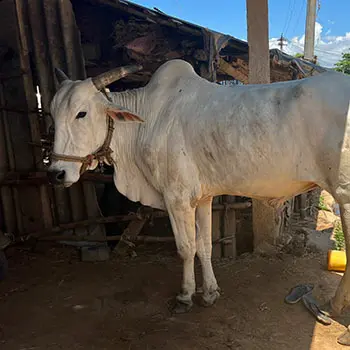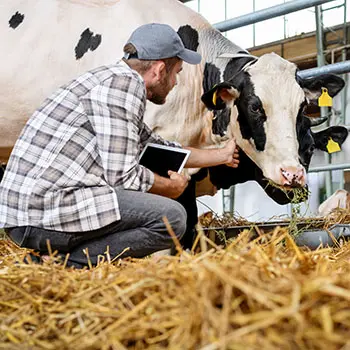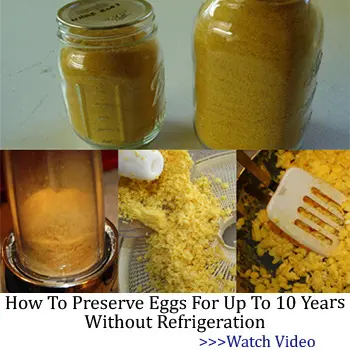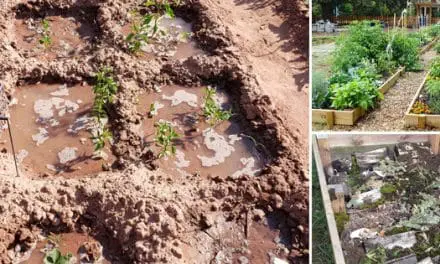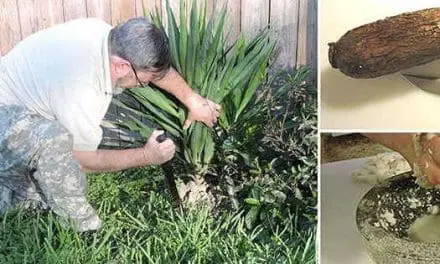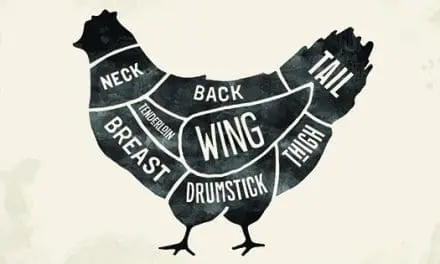Has your herd been getting sick too much lately? Are your cows not as productive or happy as they used to be? These challenges can leave even the most experienced cowkeepers scratching their heads. Cowkeeper mistakes? There are definitely some common ones even an advanced cowkeeper can make.
Running a homestead is no small task. It takes hard work, patience, and a constant focus on the details. And when it comes to caring for cows, those details matter even more. Cows are large animals with specific needs, and missing the mark even once can have serious consequences. And some of these errors can happen by even the best of us.
In this article, we’ll walk you through the most common mistakes cowkeepers make. We’ll explain why they happen and, most importantly, show you how to avoid them. Let’s make sure your herd stays healthy, happy, and productive!
Whether you’re an experienced cowkeeper or just getting started, below mistakes can happen to anyone:
Neglecting Proper Nutrition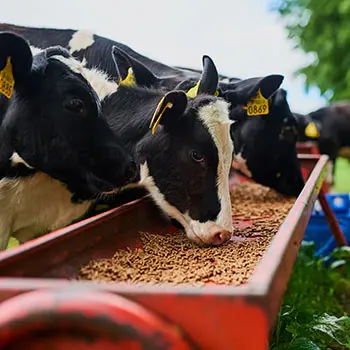
Cows need a balanced diet, just like we do. Their health and productivity can suffer if they’re missing out on essential nutrients like vitamins, minerals, and proteins. The tricky part is that cows can’t tell you when something’s wrong with their diet. Instead, you might notice signs like lower milk production, weakness, or even a lack of energy.
No need to panic! These issues can usually be fixed by adjusting each cow’s diet and ensuring they get the right balance of nutrients. Moreover, consider reaching out to a livestock nutritionist or a vet. They can help you put together a diet plan that’s just right for your cows.
Overlooking Effective Pasture Management
Your homestead has plenty of pasture, and your cows love grazing on it. However, even after all this, they’re still not as productive as you’d like. If this sounds familiar, the problem might be with the pasture itself.
A healthy pasture is the backbone of your cow’s diet. If your pasture isn’t properly managed, it could be missing vital nutrients, leaving your cows hungry for more. The easiest way to improve pasture management is through rotational grazing. You can do so by:
- Dividing the Pasture: Split your pasture into smaller sections or paddocks. Consequently, your cows will always have fresh grazing areas, while the other sections can rest and grow back.
- Moving Cows Regularly: Rotate your cows between paddocks every few days. This keeps the grass from getting overgrazed and gives it time to recover.
- Allowing Recovery Time: After a paddock is grazed, give it some time to rest and regrow. Once it’s ready, you can bring the cows back.
Inadequate Shelter and Ventilation
As cowkeepers, we’ve all been guilty of thinking that the more livestock we have, the more benefits we’ll see. In this race, we often buy more cows than we can accommodate.
The result? An overcrowded, unhappy herd that becomes difficult to manage. Eventually, this leads to stress for both you and the cows, impacting the animals’ health and productivity.
Here’s how you can break this cycle: First, take a step back and assess your shelter. Is it spacious enough for the number of cows you have? If not, it’s time to think bigger. Consider expanding your barn or cutting back on the number of cows you’re keeping.
Next, pay attention to ventilation. Without good airflow, the barn becomes a breeding ground for heat stress, respiratory problems, and infections. To keep things fresh and healthy for your herd, consider adding more windows or vents to improve air circulation. Installing fans inside the barn is another excellent option to help expel warm air and maintain a comfortable environment.
Forgetting Health and Vaccination Protocols
Homesteading life can be hectic. Juggling all the tasks can make it easy to forget about vaccinating your cows or scheduling vet check-ups. However, neglecting these health protocols can lead to serious problems. To maintain their health, set up a regular vaccination and check-up schedule. You can also create a reminder system or keep a health log for each cow.
Failure to Isolate Sick Animals Promptly
If you notice a cow coughing, having a fever, or acting strangely, don’t wait—take action. Keeping that sick cow with the herd puts everyone at risk. To stop this from happening, move the sick cow to a quarantine area as soon as you spot any symptoms. The quicker you act, the less likely the illness will spread.
Relying on DIY Veterinary Care
Always contact your cow’s veterinarian when you’re unsure about their health. While basic first aid and care are important, relying solely on DIY methods can lead to complications. Cows are complex animals; treating them without expert guidance can sometimes do more harm than good.
Not Prioritizing Reproduction Goals
Are you raising cows for meat and milk, or breeding, or just as companions on your homestead? No matter the reason, having clear goals for your herd is essential. Without them, it’s easy to lose focus and miss opportunities to level up your cow-keeping skills. Besides, this will also allow you to tailor your daily tasks to accomplish the goals smoothly.
Rough Handling Practices
Cows are sensitive animals, and how you handle them significantly impacts their overall well-being. Unfortunately, many cow keepers unknowingly engage in rough handling practices, whether during milking, moving cows, or routine checks. These actions can lead to stress and behavioral issues, such as cows hesitating to interact with humans.
If you want your herd to be lively, approach them with kindness and patience. Try to move slowly towards them and don’t scare them. Furthermore, speak to them calmly and gently so they stay comfortable. Ultimately, the less stress you place on your cows, the more productive and easier to manage they will become.
Cowkeeping is a journey that never really ends; there’s always something new to learn. No matter how much experience you have, mistakes will happen. And you know what? That’s okay! Each mistake is a chance to grow and improve. The key is to learn from them and make adjustments that will benefit your herd’s well-being.
By avoiding the common mistakes outlined here, you’ll create a more content environment for your cows. And the best part? With fewer problems to manage, you’ll have more time to focus on other aspects of your homestead.
Happy Farmsteading!
What Happens If You Use Powdered Milk To Your Plants
How to Make the Ultimate Survival Food (Video)
What Livestock My Grandparents Raised During The Great Depression
10 Things To Never Feed Your Pigs
Livestock Animals You Should Start Raising For The Upcoming Economic Crisis

